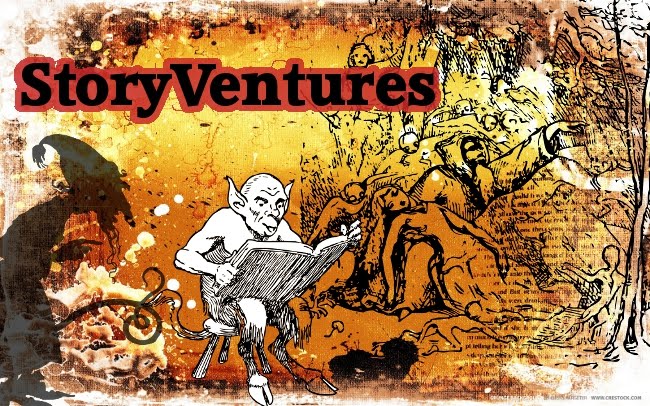I'm so lucky that I'm a Pacific Northwesterner and had the opportunity to check out Wordstock 2012! Authors, young writers, local publishers, readers, and word-lovers of all types showed up at the Oregon Convention Center this past weekend for an incredible literary celebration.
I attended several YA panels and discussions, which quickly turned out to be the highlight of the convention. I find it so interesting to hear how other YA writers approach their work, especially when having to deal with subject matter that is tough, honest, and, for lack of a better term, real.
Young Adults read this category to find themselves within the stories--to get to know a character that may or may not be dealing with similar issues. On the opposite side of the spectrum, adults read in this category to recapture the magic and experience of their earlier years, and for this reason I agree with author Steve Brezenoff, who said something to the extent of . . . .
YA should be viewed as a perspective, not necessarily a genre and/or demographic.
This discussion was called
The "Adult" in "Young Adult" and featured authors
Joelle Anthony,
Steve Brezenoff,
Kristen-Paige Madonia, and moderator
Erica Lorraine Scheidt. The looming question that drifted throughout the room was
what exactly is "adult" subject matter? How do we treat these issues that many adults and institutions have deemed "dangerous" or "too adult" for teenagers to explore?
While many had varying opinions, a couple of the authors raised the idea that it seems ridiculous to even classify the things people take issues with in YA fiction (such as sex, drugs, language, sexuality/identity, etc.) as being "adult" at all . . . because "adult" issues are quite different from "teen" issues, and both demographics perceive issues and interact with issues in very different ways.
Many teens use literature to explore these sensitive issues and, as suggested by
David Levithan at the end of the
Keeping it Real discussion,
"It's not dangerous to write about tough issues; it's dangerous not to write about them." The danger exists in holding back and not writing about something solely out of fear that the issue explored will garner negative criticism; it's important to remember that young readers need to read about issues that affect them and are pertinent to their lives.
They need to know that their journeys aren't the only ones. So let's keep it real. Always. Aaragorn demands it.
Image created with memegenerator



























